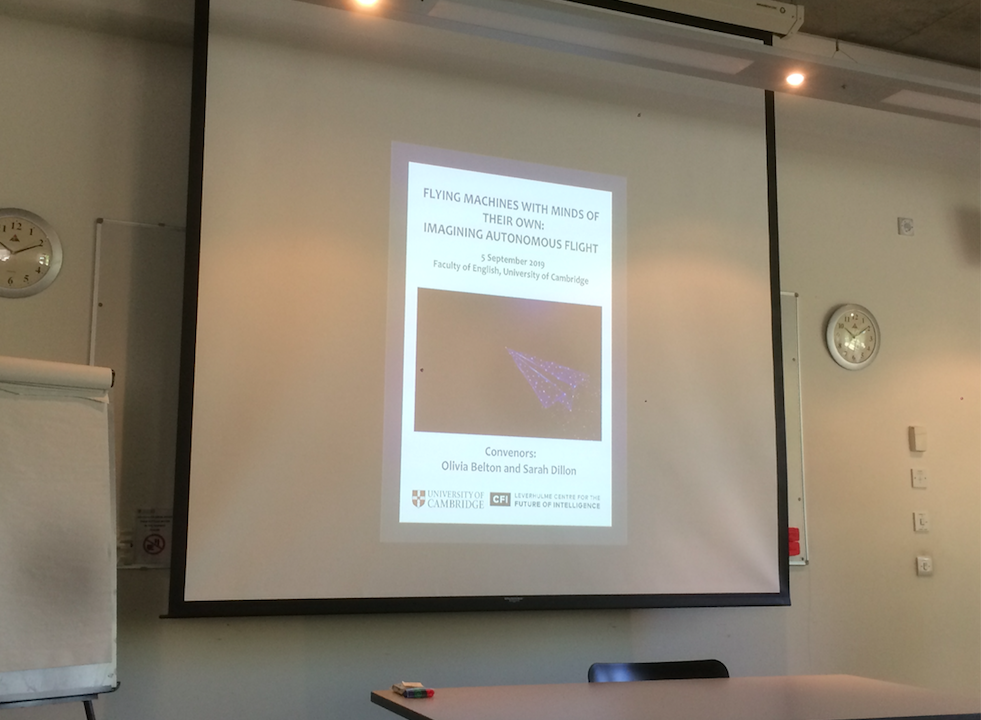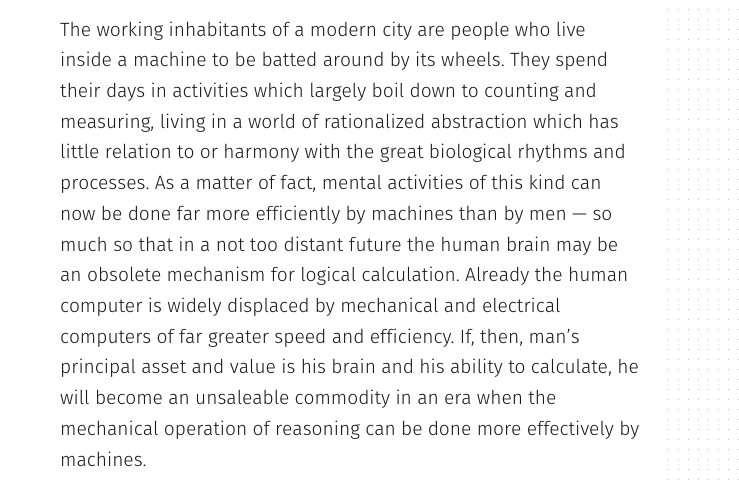Given it’s A-Level results day today, and GCSE results next week in the UK, I thought this might be worth re-posting…
What is the purpose of a university? What
should they seek to encourage? You might think that universities, of all
places, might be thinking more about this, but alas no. This exam question has
largely fallen off the curricula. Neither is much study time being given to
whom an Australian university should serve, how they might be funded or what should
be taught and why.
There was a time when a university was a
place where people were taught to think. They were communities of open debate.
They were places where people went to be educated into the way of the world
using grammar, rhetoric and logic. They were spaces where people went to
explore and understand things, not least themselves. There were no ‘safe
spaces’ or no-platform policies.
Universities nowadays are becoming where you
go to further your career and earn more money. Following the Dawkins reforms in
the late 1980s, students are now customers with all the biases and baggage this
word entails. With notable exceptions, universities have become brands that
churn out qualifications much in the same way that fast food establishments
flip burgers, although it’s sometimes difficult to tell which might be more
damaging over the longer term.
Time to upgrade the system
A thriving university sector is essential in
a hyper-competitive world where problems are becoming trickier and constraints
are becoming stickier. But Australia is still stuck on a system created more
than a century ago to produce muscle or memory workers for business. These are
people taught physical dexterity, precision and endurance or taught to process
and apply information according to sets of rules.
This output has suited us up to now, but
looking ahead it seems that developments in machine learning and artificial
intelligence mean that we are teaching a generation to compete head on with
computers and it’s a no-brainer who will win if the contest is about muscle,
precision, memory, data processing or logic.
With the exception of teaching people
how to create or collaborate with these machines, we should be teaching
precisely the opposite, which is how to think in ways that computers can’t.
Ultimately, there’s not a lot that machines
can’t do if we allow them, but there could be a few domains that will remain
the preserve of primitive carbon-based bipeds such as ourselves. The first is
creativity. We should be teaching students how to think more imaginatively,
whether the application be art, science or the art and science of innovation.
We need tall buildings that don’t fall down, but also ones that make the human
heart soar.
Similarly, logical machines, no matter how
smart, will continue to struggle with the faults and foibles of human beings,
which, to my mind, means it matters that we teach people about other people and
what motivates them.
Machines can be alluring, but I can’t see
them ever being inspiring, so teaching leadership should be paramount, whatever
the discipline you are attempting to impart. One of the issues I hear about
regularly is that of students entering the workforce that are technically
brilliant, but incapable of managing themselves let alone anyone else. Recognising
and rewarding EQ alongside IQ might be a good way to not only create a
functioning civil society and workforce, but also a way of creating the next
generation of effective leaders.
But don’t suppose for a moment that this can
be achieved online. We already have a problem with asocial students virtually
incapable of human interaction. Let’s not make this worse by deleting the human
interface.
A further thing that’s missing from the
current system is ethics. Historically, many universities were linked to the
church and the moral component was bedrock. Nowadays, the moral component of a
degree is akin to a slippery slope of scree sliding down a hillside. Indeed,
it’s quite possible to use your head to pass through university with flying
colours while remaining, at heart, an ego-centric, narcissistic, psychopath.
One thing I stumbled upon recently was the
4Cs (Critical thinking, Communication, Collaboration, Creativity). I propose
that we build upon this list and set off toward the distant horizon of 2040 on
the 7Cs: Critical thinking, Creativity, Collaboration, Communication,
Curiosity, Character and Compassion.
The first 4Cs are self-explanatory.
We need people to think Critically and
Creatively about the world’s problems and Communicate and Collaborate across
communities to come up with solutions. But the last 3Cs are especially
important.
The aim of education generally, and of
universities in particular, should be to instil a lifelong love of learning and
this is becoming especially vital in a world where new knowledge is being
created at an exponential rate.
But how can we expect people to continually
re-learn things without first instilling a sense of Curiosity about how things
work or might be changed for the better? Character is important for two
reasons. First, as machines become more adept at doing the things that were
once thought the preserve of humans, the value of emotionally based work should
come to the fore. Most jobs feature people at some level and if you are trying
to persuade people to do something you’re more likely to be successful if you
are liked. An attractive personality cannot be taught, but it can be
encouraged. Moral Character is equally important. We don’t just want smart
graduates, we want ethically grounded graduates too.
The final C, Compassion, is linked to moral
character. Compassion is the resource the world is running out of faster than
any other. Without Compassion the world is an ugly place.
Universities have long focussed on IQ.
Indeed, it’s hard to get into a university without it. But at the risk of
repeating myself, EQ might prove more valuable over the longer term, especially
if IQ becomes the preserve of artificially intelligent machines.
It’s hard to predict the future, and foolish
to try in many instances, but I believe that imparting individuals with a
better understanding of the human operating system would make them better
prepared for whatever 2040 throws at them.
Original article here.









